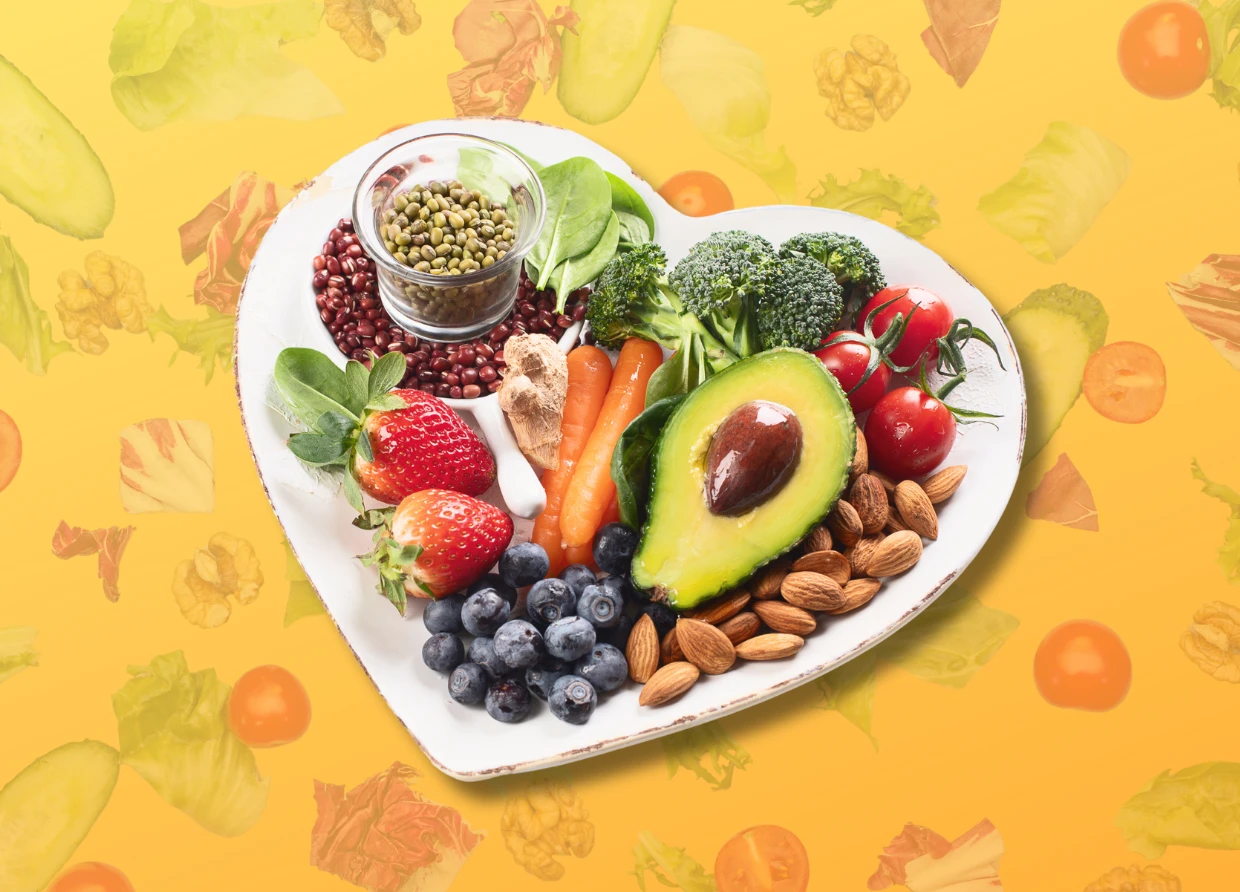GROUNDBREAKING STUDY REVEALS HEALTH BENEFITS OF VEGAN DIET IN IDENTICAL TWINS TRIAL
Unlocking the Fountain of Youth: Vegan Diet's Surprising Impact on Biological Age in Identical Twins

In a clinical trial conducted in March 2022, researchers explored the impact of dietary choices on health outcomes in identical twins. The study involved 22 sets of adult identical twins who participated in a randomized clinical trial, with one twin adopting a fully plant-based (vegan) diet, while the other adhered to an omnivorous (meat-eating) diet.
Published in JAMA Network Open on Nov. 30, 2023, the findings revealed compelling evidence of the health advantages associated with a vegan diet. The twins following a healthy vegan diet experienced significantly improved low-density lipoprotein (LDL) cholesterol concentration, fasting insulin levels, and weight loss compared to their counterparts on omnivorous diets.
LDL, commonly referred to as "bad cholesterol," is a known risk factor for cardiovascular disease, making the reduced concentration a positive outcome for the vegan group. The 20% drop in fasting insulin levels also indicated lower insulin resistance, suggesting a decreased risk of developing diabetes and metabolic syndrome.
Lead researcher Christopher Gardner, PhD, a professor of medicine at Stanford Medicine, emphasized the unexpected positive outcome of the study. "Even when compared to a healthy omnivorous diet that includes plant foods, there can be additional health advantages to incorporating more plants in the diet and eating less meat," said Gardner.
The study involved healthy participants with no history of cardiovascular disease, who adhered to their assigned diets for an eight-week period from May to July 2022. Both diets were considered healthy, emphasizing whole foods and excluding sugars and refined starches.
Notably, the research team collaborated with TruDiagnostic, a Kentucky-based company measuring biological age based on epigenetics. Surprisingly, the vegan group exhibited a statistically significant decrease in biological age, a finding that astonished the researchers.
Despite the promising results, dietitians urge caution and individualization in adopting dietary changes. Michelle Routhenstein, a New York City-based cardiology dietitian, highlighted the multifaceted factors contributing to the observed advantages of the vegan diet, including decreased saturated fat intake, increased dietary fiber, and improved insulin sensitivity.
Routhenstein emphasized the importance of education and personalization in dietary changes, noting potential deficiencies in nutrients like iron, calcium, and Vitamin B12 in a fully vegan diet. Seeking guidance from a registered dietitian is crucial to ensuring nutritional needs are met and health goals are achieved.
While weight loss was noted in the vegan group, experts like Tanya Freirich, a registered dietitian nutritionist in Charlotte, North Carolina, stressed the need to assess the type of weight lost and consider various factors such as exercise and food choices.
Acknowledging limitations, Gardner highlighted the study's short duration and the challenge of conducting longer-term studies. He emphasized the diversity of omnivorous and vegan diets, urging individuals to focus on unprocessed foods, especially plants, for improved cardiovascular health.
In conclusion, the study suggests that incorporating more plant-based foods may offer health benefits, but individualization and long-term sustainability are key considerations for anyone contemplating dietary changes.
#THE S MEDIA #Media Milenial #Health #Nutrition #Vegan Diet #Identical Twins #Clinical Trial #Cardiovascular Health #Biological Age #Dietary Choices #Lifestyle #Metabolic Health #Plant-Based #Omnivorous Diet #Cholesterol #Insulin Sensitivity #Weight Loss #Nutritional Education #Personalized Diet #Long-Term Sustainability #Biological Aging #Scientific Research #Lifestyle Factors


























